BAGHDAD, Iraq – “We used it to feel alive,” Um Hussein said wistfully of the water of her native Chibayish marshes in southern Iraq.
These marshes in the southern province of Dhi Qar and their steady deterioration have in recent years become emblematic of Iraq’s acute water and environmental crisis.
“My husband used to tell me that, if he died, he wanted his corpse to be washed here on the banks” of the marshes, she added in speaking to The New Region earlier this year.
“He died six months ago and I could not do this,” she said, mournfully. “A few months later, our female buffalo died due to lack of fodder and water. I felt like there was yet another funeral in our home. And I thus no longer had milk to sell in the market.”
She said she was forced to sell off her remaining animals and move to Karbala to live with her sister.
River water levels have decreased to the point where some experts believe Iraq will become a country without rivers by 2040, leading to a situation in which many see no choice but to migrate elsewhere.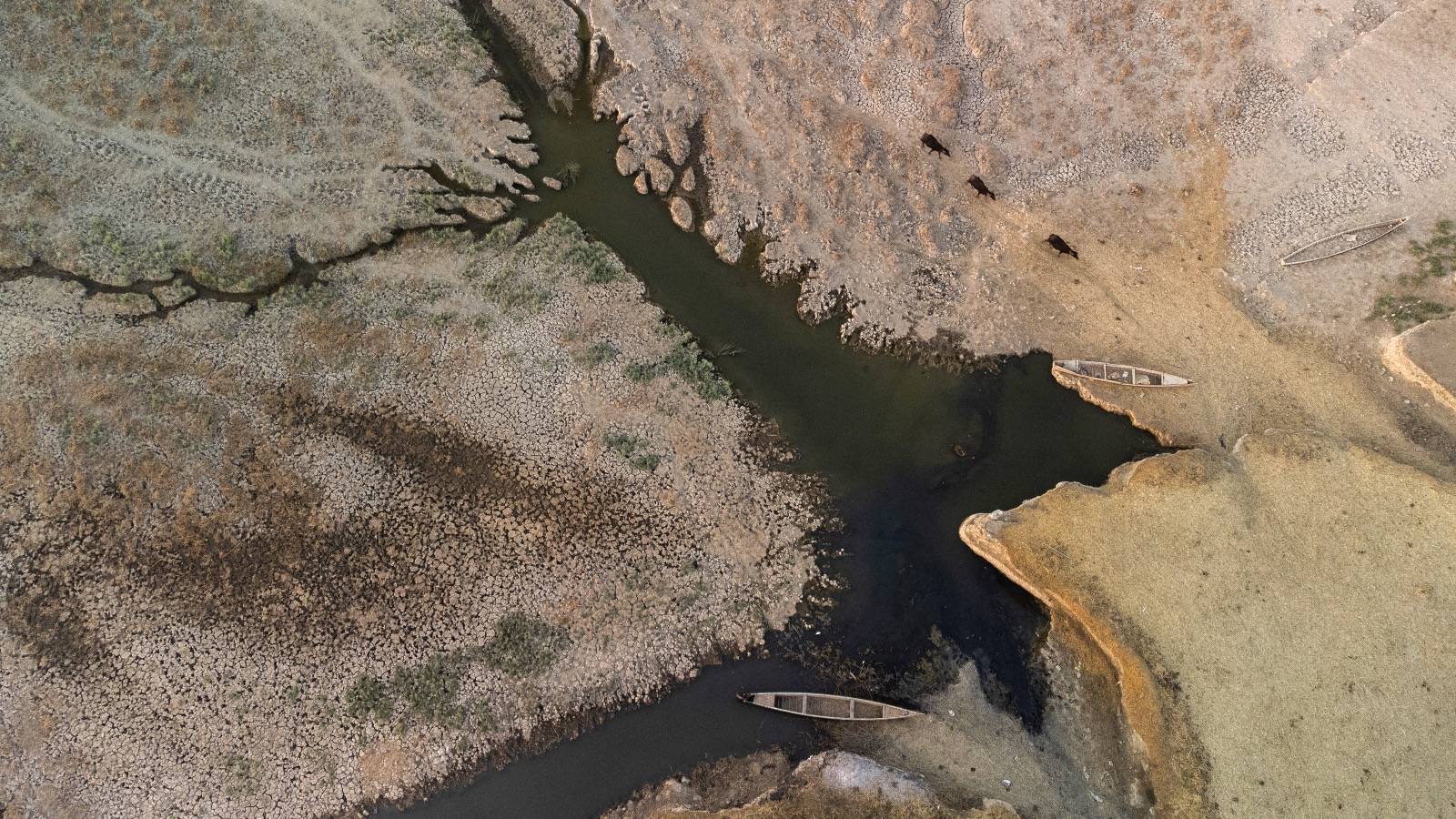
Women bear greater burden as ‘97% of fish lost’
Women in Iraq’s marshes have in recent years borne the brunt of the an environmental and water crisis in the country that shows no sign of abating.
Women in Iraq’s marshlands have historically played a highly active role in local water management. Many did the same jobs as men in this part of the country, running their own businesses. Now, many have lost this role and their sole source of income.
The Chibayish office managing director of the Nature Iraq organization, Jassim al-Asadi, told The New Region in an interview on Nov. 8 that “women in the marshes do not have anything of their own”, even though they typically do “70% of the work in the family”.
Nature Iraq is the country’s first environmental conservation group and is accredited to the United Nations Environment Programme (UNEP).
Asadi noted that these women bear the “the burden of nature” as well as that of “social customs and economic conditions”.
Given drought and deteriorating environmental conditions in recent years, these burdens have become ever heavier.
"There are no accurate statistics on the number of women who suffer in marshland areas,” of Iraq, he said.
However, those working on the ground have seen “the spread of sicknesses including allergies and diarrhea” among local inhabitants, “as well as lack of water and increased pollution, which have greatly affected children and women in those areas.”
Women, he added, are the ones tasked with getting everything needed for children and this often requires them to travel elsewhere for supplies or services.
Asadi said that the water in the marshlands has dropped to “not more than 6%” of what it once was, leading to a 97% drop in fish and “23-30% in livestock”.
The head of the Chibaish Ecotourism Organization, Raad Habib Al-Asadi, echoed his words in a July 23 interview in which he noted that, “Women in the marshes area are the ones who use and need water the most because they are partners with men in their daily work in addition to household chores.”
He added, "When we visited the marshes, we found that many of their children had been left without water to drink or bathe in. There is a great deal of suffering, including the spread of skin and viral diseases among both children and women.”
“Suffering has become part of their daily lives,” he stressed, and thus far “no solution has been found” to mitigate it.
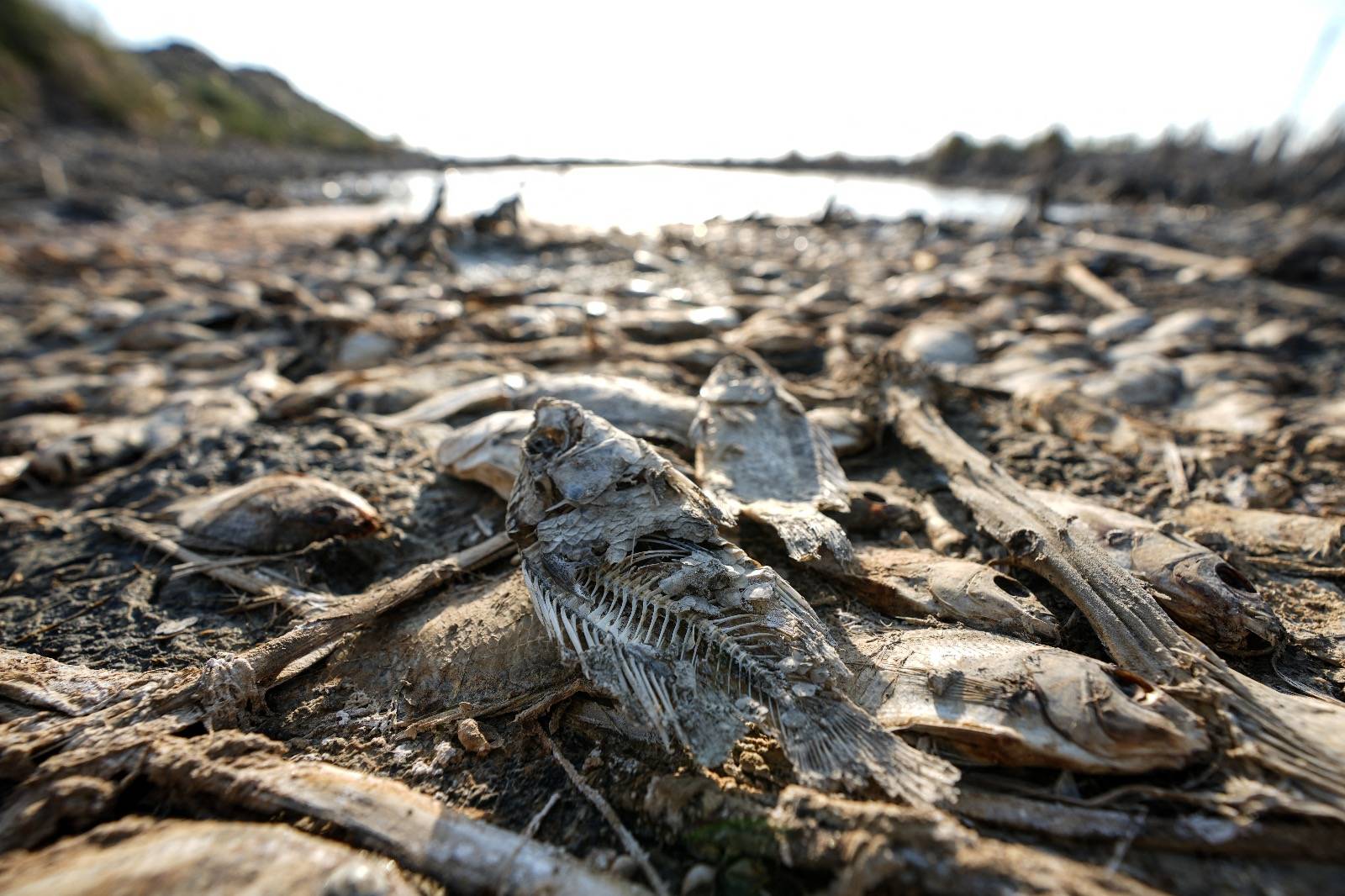
Drought-struck areas ‘size of Lebanon and Palestine’
According to information available online as part of the International Organization for Migration’s Displacement Tracking Matrix, as of December last year a total of at least 68,670 individuals had been displaced because of drought conditions across ten governorates in Iraq.
It noted that, “Of these, 4,340 families are displaced within their district of origin (38%). The displaced families are dispersed across 320 locations, with the majority (77%) being urban locations”.
The top governorates of origin of those displaced, the IOM noted last year, were the southern provinces of Dhi Qar and Maysan, with the Al Shatra district in Dhi Qar having experienced the largest number of families displaced by water scarcity.
The move from rural to urban environments has been very hard for women, water expert Tahseen Al-Moussawi told The New Region in an interview on July 18.
He noted that, “The demographic change that occurred in the countryside affected rural women, causing them to lose the only trade they had learnt” and leading to difficult adjustments to an entirely different environment.
Moussawi stressed in discussing the drought-affected areas of the marshlands that, "We are talking about large areas equivalent to the state of Lebanon and Palestine, up to 20,000 [square] kilometers. They were an essential source of livelihood for buffalo rearing and tourism, all of which produced a good return for everyone in the marshes, including rural women."
He noted that women in the marshes “used to have excellent income” from their work but that they have now been left “without anything” due to the drying up of the marshlands.
The water expert opined that “over 70-80%” of marsh inhabitants are likely to migrate to other areas in the near future.
“There is already significant displacement to other provinces such as Wasit and Karbala,” he noted.
He added that the crisis of a lack of water in the marshlands had been seen “initially as a gradual death – and now we are in the fourth season” of severe drought.
Women left without income ‘vulnerable to violence’
Ur Organization for Women and Children’s Culture director Mona Al-Hilali said in an interview on July 26 that, “Our organization conducted interviews in order to study and assess the situation of women and families. We found that, in times of climate change, the rate of domestic violence increases.”
According to a 2010 study published in the Social Science Quarterly on domestic violence and poverty, “The relationship between poverty and domestic violence is complex. In some situations, poverty may exacerbate the likelihood of experiencing domestic violence. With fewer options for economic self-sufficiency and social support systems with little ability to offer financial help, poor women may feel more trapped in unhealthy relationships.”
Hilali added in speaking to The New Region that “women are more vulnerable to many diseases, including kidney diseases, immune diseases, and cancer due to water pollution, and there is use of non-potable water. Sewage flows into rivers. All of this affects women and their reproductive health and leads to birth deformities.”
According to a source cited by a research paper published in the BMJ medical journal in March 2023 under the title ‘November water by 2040: The crisis engulfing Iraq and its historic river flow’, “Diarrhoea, chicken pox, measles, typhoid fever, and cholera are currently spreading across Iraq because of the water crisis, and the government no longer provides vaccines to its citizens.”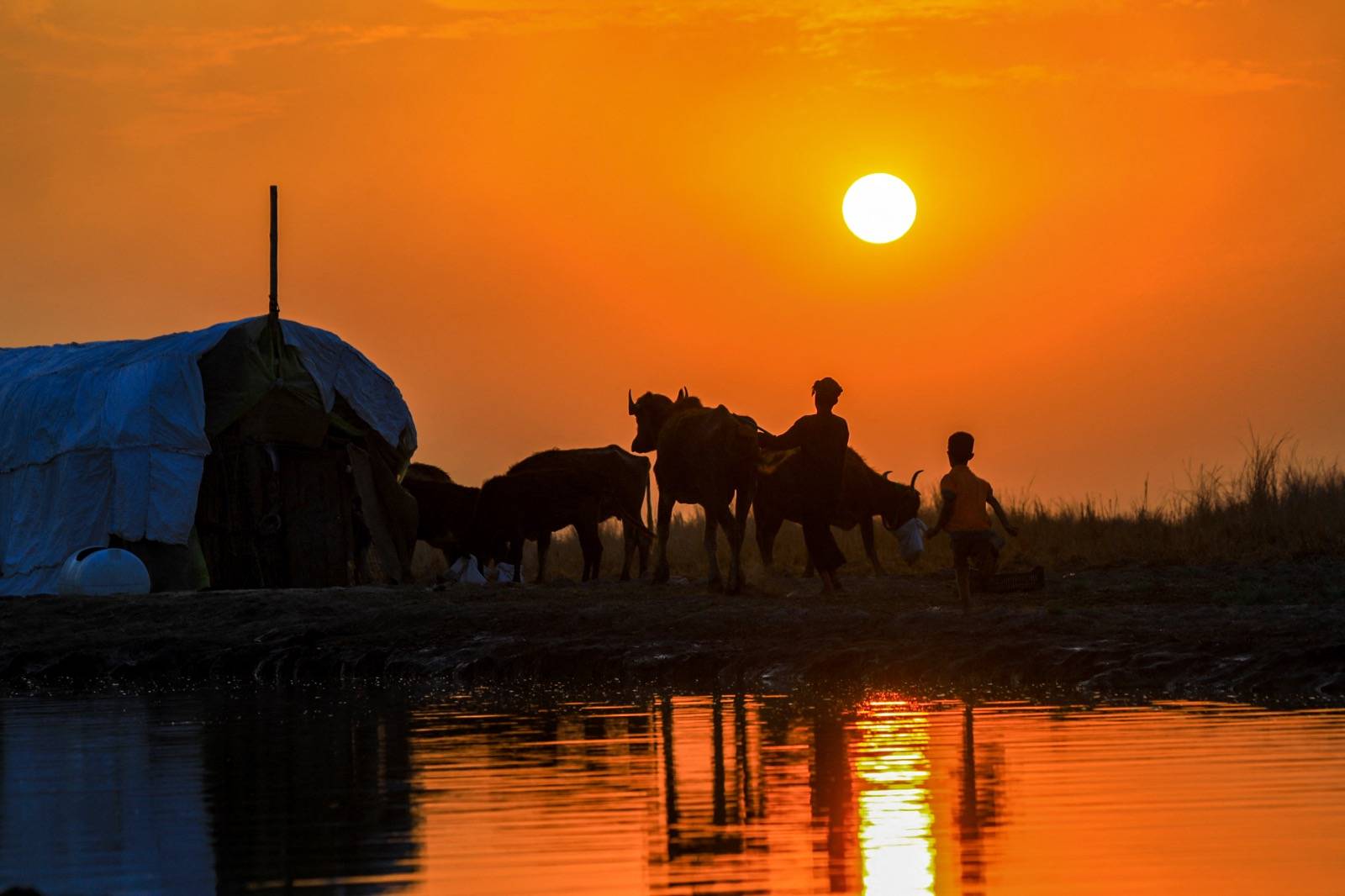
Worst drought in century, solutions?
According to the Iraqi Ministry of Water Resources, Iraq has in recent years experienced its worst drought since 1930.
Jassim al-Asadi added in the November 8 interview with The New Region that “we need a national vision, an Iraqi budget, political will, and decision-makers who actually care about this matter.”
He urged the Iraqi government to bring in substantial changes instead of simply holding international and regional conferences, which he claimed “did not make a difference on the ground”.
“Civil society organizations concerned with the Iraqi environment, migration, and climate change must unite and form a front of support for the residents of the marshes, especially women,” he said.

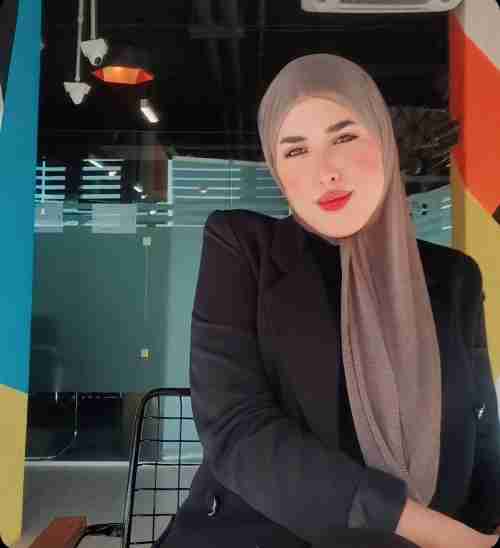
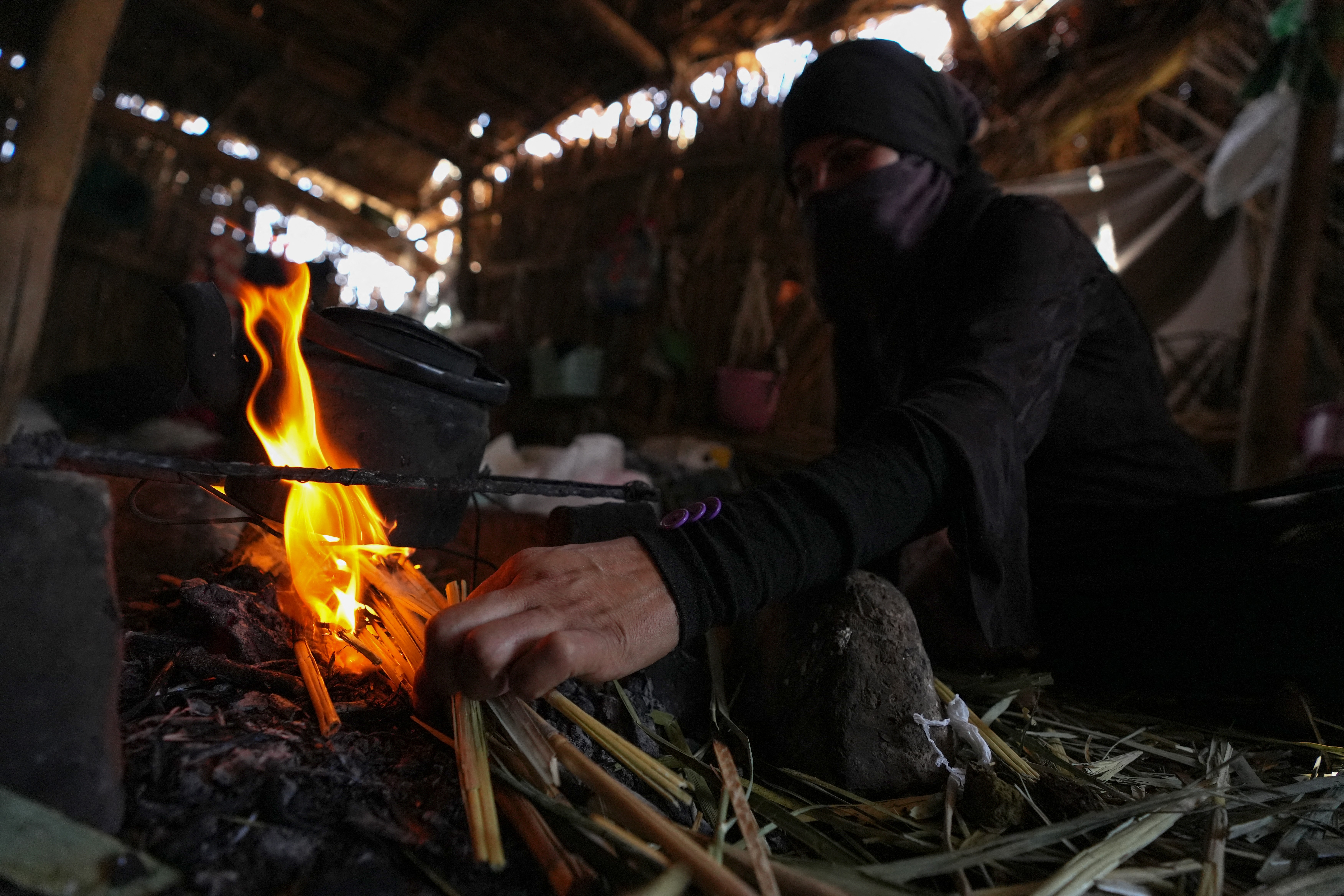
 Facebook
Facebook
 LinkedIn
LinkedIn
 Telegram
Telegram
 X
X


